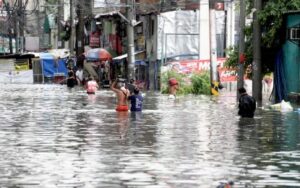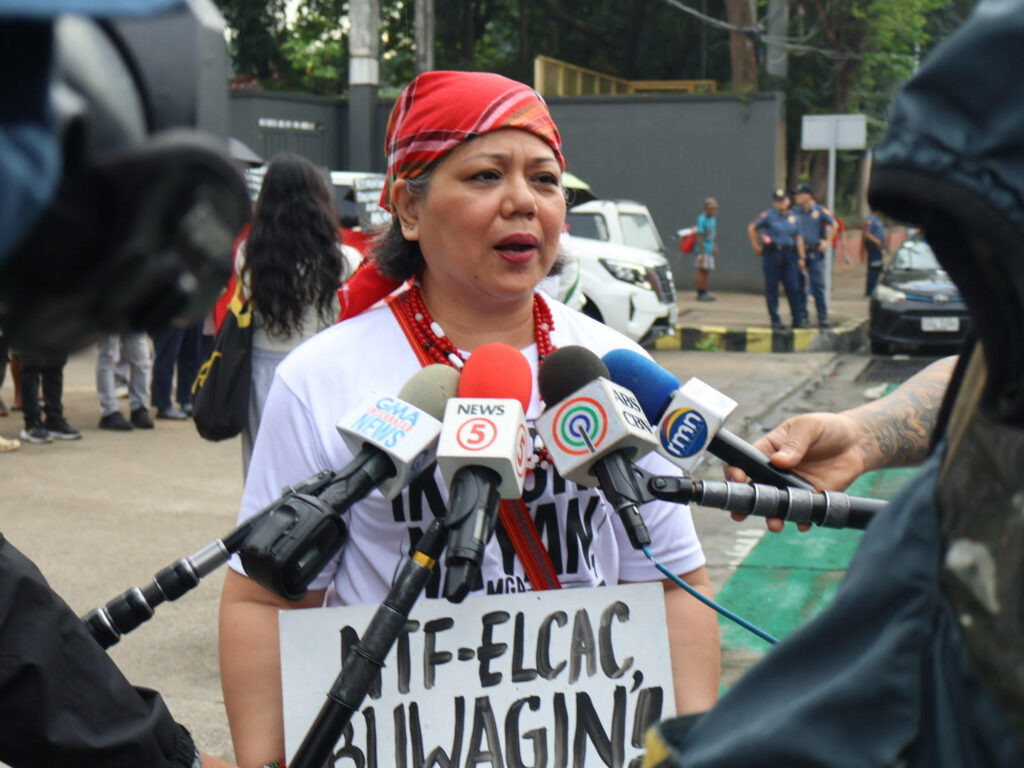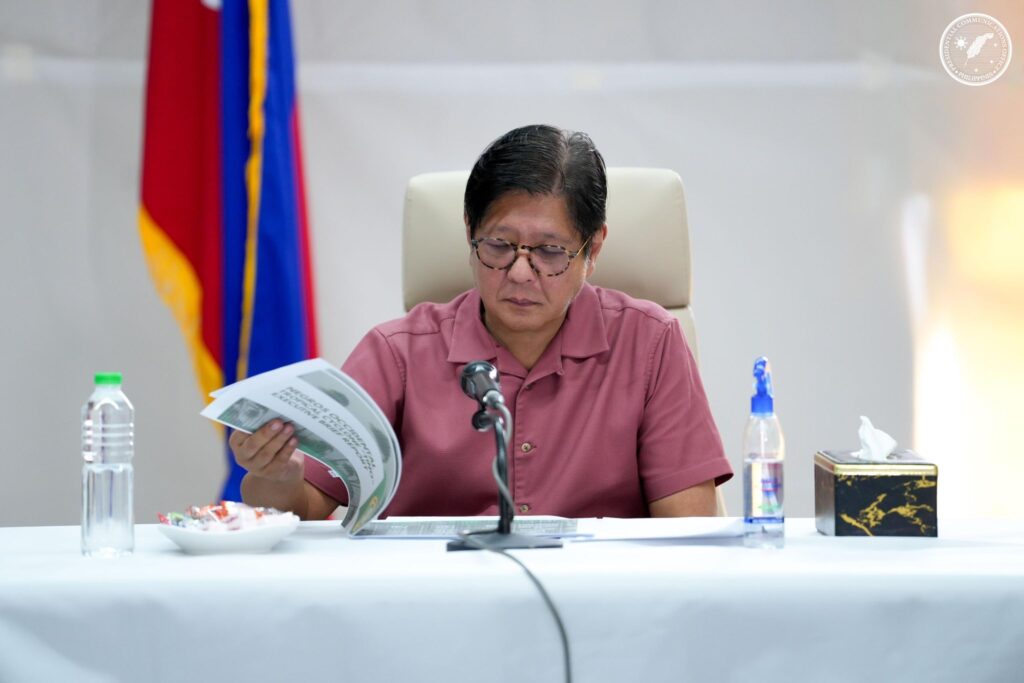📷: Courtesy of PNA
In the wake of a sharp rise in Leptospirosis cases following consecutive tropical cyclones, the Philippine Medical Students’ Association – National (PMSA) has issued a pointed call to Iloilo 1st District Representative and former Department of Health (DOH) Secretary Janette Garin: revisit the foundational principles of preventive medicine and the social determinants of health.
From June 8 to August 7, 2025, the DOH recorded 2,396 cases of Leptospirosis, a bacterial infection commonly transmitted through floodwaters contaminated with animal urine. The surge has prompted public health warnings, but medical students argue that the government’s response remains dangerously superficial.
Climate-Sensitive Diseases and Systemic Failures
In a recent infographic, PMSA emphasized that Leptospirosis is not merely a matter of individual hygiene or caution. “The Marcos Jr. Administration must confront the social determinants of Leptospirosis,” the group stated, citing poor flood control infrastructure and inadequate housing standards as key contributors to the disease’s spread.
This comes amid growing public frustration over the administration’s flood control projects, which have failed to prevent widespread flooding despite a P680.2 billion budget allocation from 2023 to 2025. Representative Garin, however, dismissed the link between the outbreaks and the controversial infrastructure, stating that the rise in cases “has nothing to do” with flood control failures.
Medical Students Respond: Health Is Political
PMSA National Secretary General Paolo Chaves, a Doctor of Medicine–Master of Public Health student at the University of the Philippines College of Medicine, responded sharply:
“We would like the esteemed doctor-representative from Iloilo to review her lessons in the social determinants of health as taught in our Preventive Medicine classes back in medical school.”
Chaves elaborated on the four levels of prevention in public health:
– Primordial prevention: targeting population-wide risk factors through social and environmental reform
– Primary prevention: preventing disease in susceptible individuals
– Secondary prevention: early detection and prompt treatment
– Tertiary prevention: minimizing complications in established disease
“As a public servant who formerly led the DOH, she of all people should have known and applied these concepts in upholding Filipino public health, more so during times of crises,” Chaves added.
Flooding, Poverty, and the Politics of Disease
Leptospirosis outbreaks in the Philippines are historically linked to flooding, especially in urban slums with poor waste management and drainage systems. The 2010 Leptospirosis Clinical Practice Guidelines, still in use today, explicitly cite clogged drainage due to garbage disposal failures as a major risk factor.
Despite decades of flooding, structural flood mitigation remains insufficient. PMSA argues that health cannot be separated from the conditions in which people live and survive disasters.
“The repeated cycle of floods and reactive public advisories highlights a systemic failure to address root causes,” Chaves said. “Health policy cannot be divorced from the conditions in which people live, work, and survive disasters.”
Alma Ata Declaration: A Forgotten Commitment?
PMSA also invoked the 1978 Alma Ata Declaration on Primary Health Care, which affirms health as a fundamental human right and calls for cross-sectoral action to achieve it. The group stressed that every DOH Secretary should be well-versed in this global commitment.
“Even as medical students, yet to be actual clinicians, we already witness the human costs of neglected disease prevention in the long queues we see outside our training hospitals, the severity of health complications in our patients, and their lack of financial access to treatment,” Chaves said.
Call to Action: Invest in Structural Health Foundations
PMSA National urges Representative Garin and all government leaders to move beyond reactive health advisories and invest in the structural, environmental, and social foundations of public health. “Addressing the politics of poverty, inequality, and climate injustice IS preventive medicine,” the group declared.
The students’ message is clear: health is political, and ignoring its social determinants is a disservice to the Filipino people. (ZIA LUNA)




